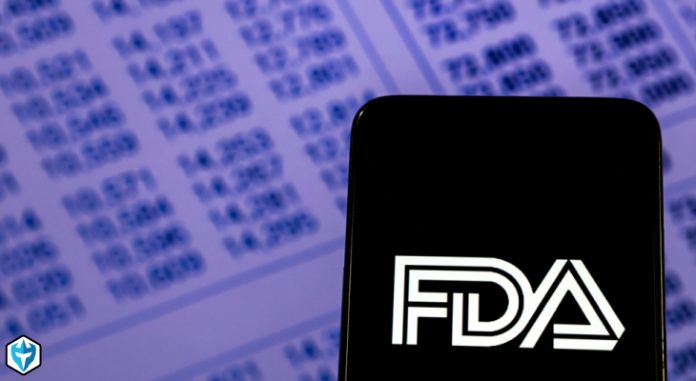Investors cannot afford to brush off the workings of the U.S. Food and Drug Administration, (FDA) when investing in biotech, diagnostics, medical devices, and pharmaceutical companies.
The FDA is a federal agency within the U.S. Department of Health and Human Services. Created in 1906, the agency oversees the production and consumption of food, drugs, dietary supplements, blood products, cosmetics, biological goods, animal food, and medical devices.
The FDA possesses a lot of power over drugs companies by making sure they manufacture them appropriately, prove their efficacy and safety, and market them correctly. For instance, the agency can recall a drug that is deemed unsafe at any time. As such, the stock market is often affected by the influence the agency wields regarding drug testing.
Companies that are focussed on the creation and sale of new drugs can be left without important revenue-generating products if they fail to win FDA approval. The biotechnology sector is known for giving investors substantial returns within a short period of time, making it one of the most exciting sectors of the stock market. Only one FDA catalyst is usually needed to send stock prices in the sector soaring. Investors may see the release of test data as a measure for future growth for drug makers.
However, almost all investors and companies are at odds with the current regulatory process the FDA has put in place for drug approvals in the U.S. Drug makers and investors are frustrated by the need for lengthy, complex, and large clinical-development programs that often depend on meeting a single endpoint in one key clinical trial.
On top of that, the cost of bringing a drug to the market is estimated to be more than $1 billion – and that figure may be way higher. Lack of timely access to drugs that show early success in catering for significant unfulfilled needs also disturbs both patients and providers.
Eight years ago, a group of Arena Pharmaceuticals shareholders waged a highly unusual campaign that was aimed at discrediting an unfavorable review of a diet pill called lorcaserin, which was developed by the company. The investors rallied against FDA after losing millions of dollars when shares of the company plummeted 76% in response to the review.
Frustrated, the investors collected over 1,700 signatures on a petition asking FDA to approve the diet pill. They also wrote letters addressed to the then U.S. President Barack Obama, members of Congress, and senior FDA officials, criticizing the credibility of certain scientific arguments that were used by the agency to cast doubt on the safety of the safety of the pill.
U.S. drug approvals hit a 21-year high in 2017, making it a significant year for investors. The FDA approved a total of 46 novel medications, most in cancer sub-types and rare diseases, compared to 21 medications in 2016. So far, the agency has approved 30 novel drugs this year, a move that has been hailed by investors.
As the regulator continues to approve more drugs, identifying companies that may have a high chance of winning its approval for one of their drugs is key. However, predicting whether a new drug will turn out to be successful after all the tests are done five or eight years down the road is not quite easy for everyone. It’s also important to have in mind that the agency decides whether to approve or reject a drug, necessarily, based entirely on the outcome of the tests.
But, traders who are really great in the stock market can sometimes predict whether a drug will be approved or not. They simply keep a keen eye on upcoming drug companies, research the drugs they are intending to develop, and estimate when they are likely to be released.
If the traders are confident with their analysis, they then take somewhat of a gamble and give the company the initial funds it needs to see the drug come to fruition, and go home with a healthy profit. Any investor that drives the stock price of a company after the FDA has approved one of their drugs merely represents traders who had no information about the company or its products before news of the approval.
In short, you don’t always have to wait to invest your money in a company until after the FDA approves one of its products. Research and be among the first people to invest in a company before it is hyped to walk away with a huge profit. Just make sure to manage your risk appropriately as stocks can be extremely volatile after an FDA announcement.










